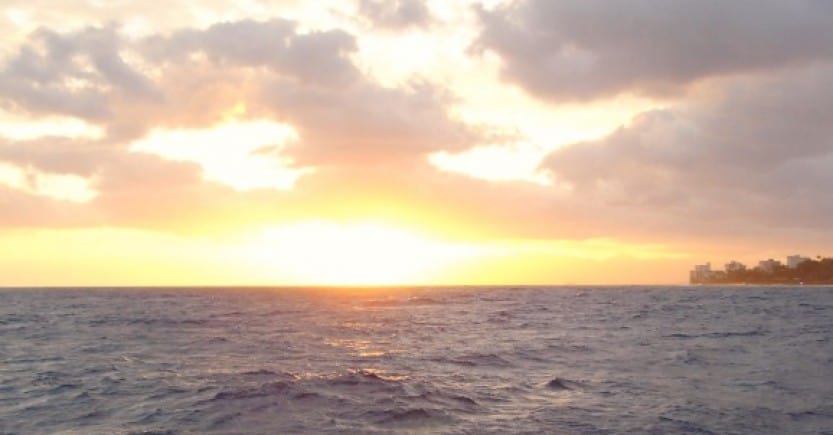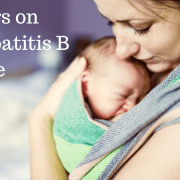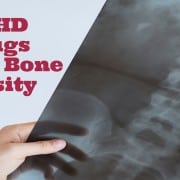Just When You Thought You Were Doing the Right Thing About Plastics (Premium)
A reader shared that CertiChem and its founder, George Bittner, a professor of neurobiology at the University of Texas-Austin, had recently coauthored a paper in the NIH journal Environmental Health Perspectives. It reported that “almost all” commercially available plastics that were tested leached synthetic estrogens-even when they weren’t exposed to conditions known to unlock potentially harmful chemicals, such as the heat of a microwave, the steam of a dishwasher, or the sun’s ultraviolet rays. According to Bittner’s research, some BPA-free products actually released synthetic estrogens that were more potent than BPA.
Most of us have learned to look for BPA-free products and may feel pretty good about our efforts. After all, we’re missing the bad stuff–and the other plastics we use are safe. Not so fast! A new and well researched article in Mother Jones will have you questioning the safety of your family, from the youngest to the oldest.










Does anyone have any suggestions for good plastic-free products for babies and kids? My local store only carries plastic baby bottles, which are labeled as BPA free, but after reading this I would prefer to avoid plastics altogether. Please let me know if you have anything you can recommend.
These might be good? Let us know if you find something better. . . http://www.theglassbabybottle.com/bpa-free/Baby-Bottles.shtml